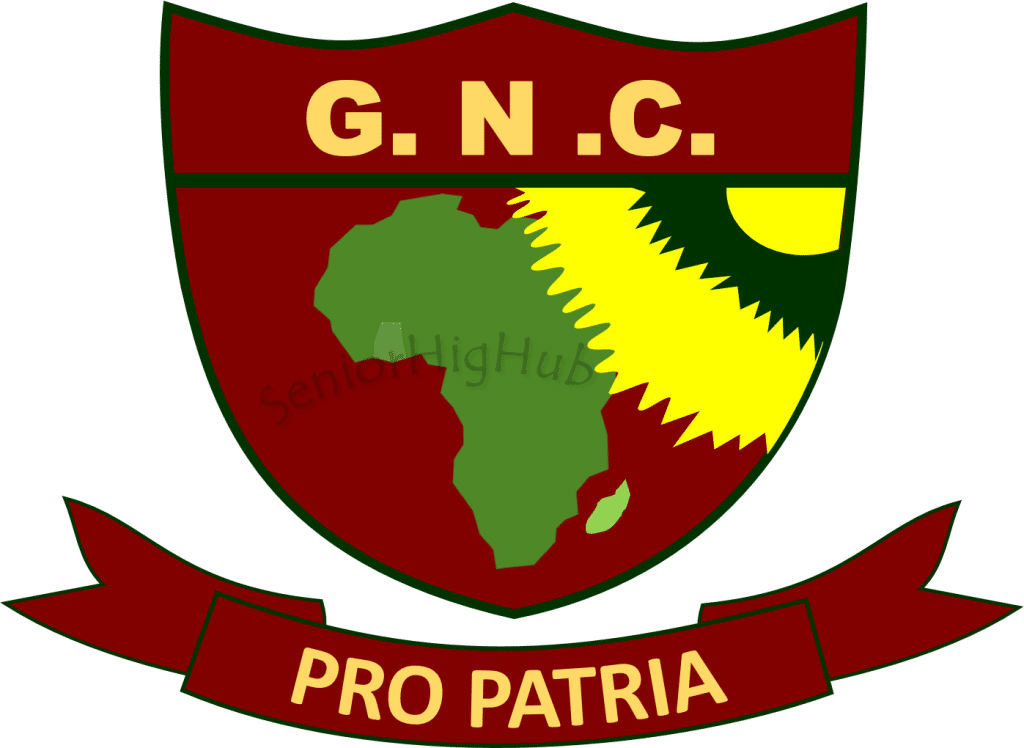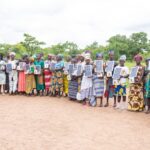Ghana National College, one of the renowned secondary schools in Ghana, was established on July 16th, 1948, in Cape Coast, during a time of unrest in the then Gold Coast for self-government. Ironically, the school was named Ghana National College nine years before the Gold Coast achieved independence in 1957, and the country was renamed Ghana.
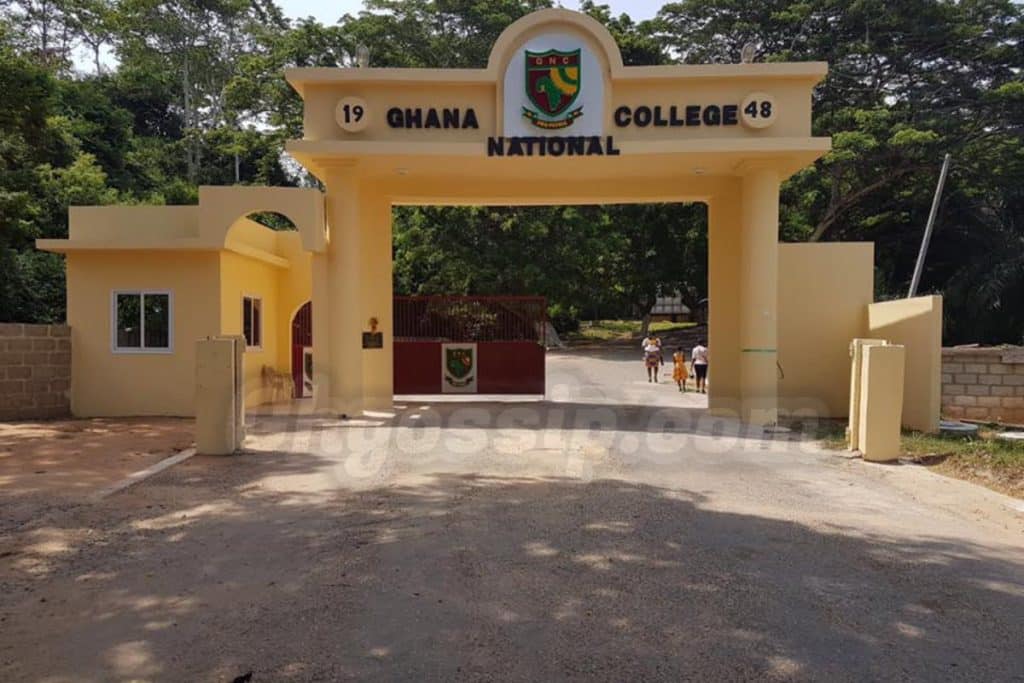
The historical development of the school began with the tragic shooting of ex-servicemen who were demonstrating for benefits on February 28th, 1948. This event led to the detention of Kwame Nkrumah, the Secretary of the United Gold Coast Convention (UGCC), and six of his cohorts, including Dr. JB Danquah, Mr. Edward Akuffo-Addo, Mr. William Ofori-Atta, Mr. Obetsebi Lamptey, and Mr. Ako Adjei, who were blamed for their radical tendencies.
In solidarity with the detained UGCC executives, student protests erupted in Cape Coast on March 15th, 1948. As a result, 150 students were expelled from St. Augustine’s College and Mfantsipim School, and four teachers, three from St. Augustine’s College and one from Mfantsipim School had their appointments revoked. The teachers were Mr. Kwesi Plange, Mr. JJ Mensah-Kane, Mr. HP Nelson, and Mr. HWK Sackeyfio.
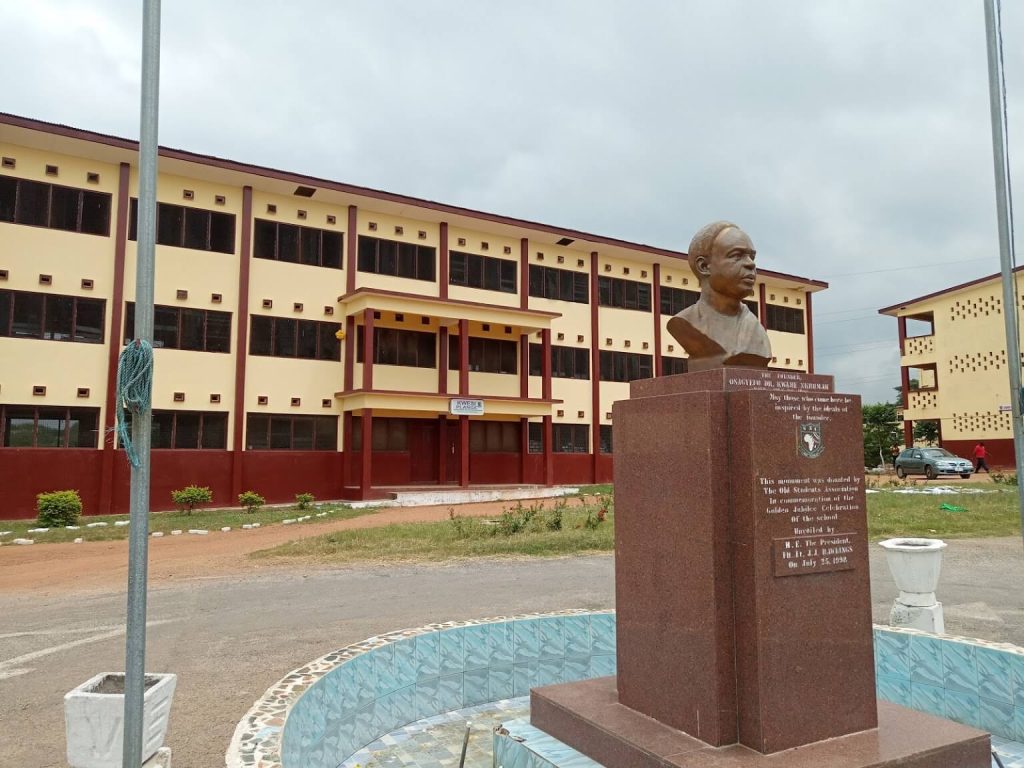
On July 1st, 1948, Kwame Nkrumah invited the teachers mentioned above to his office in Saltpond and commissioned Mr. Kojo Botsio to evaluate plans for starting a new school. With a donation of 10 pounds from Kwame Nkrumah on July 8th, the teachers made benches, desks, and blackboards bought writing tools and rented space on the ground floor of the Old Temple House of the Grand United Order of the Odd Fellows at McCarthy Hill, Cape Coast.
Sixteen boys and one girl were enrolled as the first students of the school for the first official lessons at MacCarthy Hill, Cape Coast, on July 16th, 1948. They later became prominent notables in Ghanaian society, including Prof. Kofi Amoa Oduro, Mr. Joseph Kingsley Bentum-Williams, Mr. S.I.K. Boakye-Agyeman, Dr. L.K.A. Derban, Dr. Asare Berkye, Prof. K. Osei Manu, Mr. Twumasi Ankrah, and Prof. Francis Kofi A. Allotey.
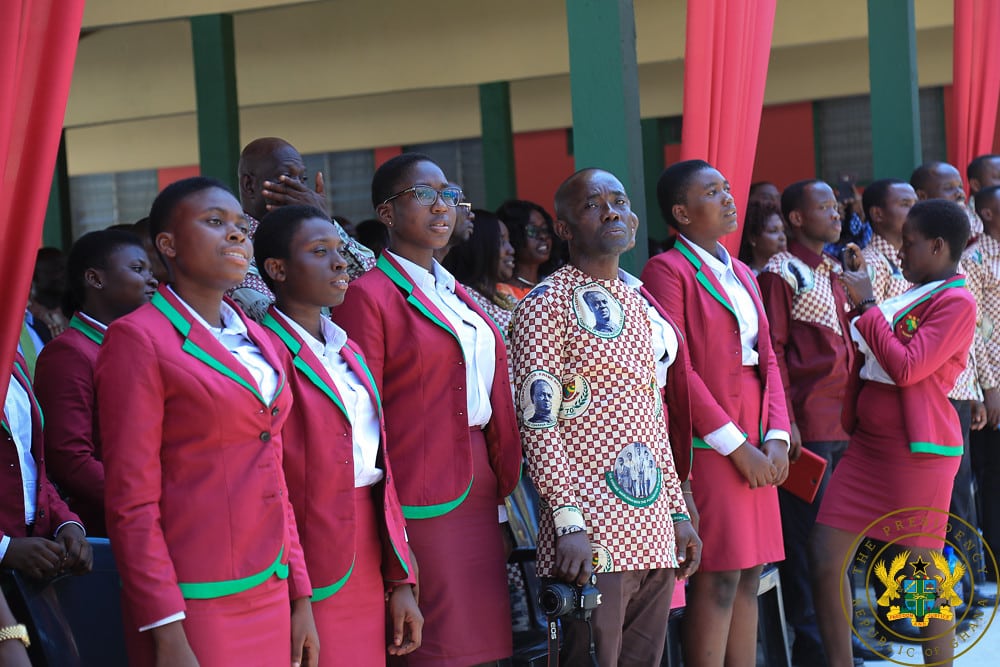
On November 22nd, 1948, the school moved into a more spacious location for eight boys at Siwdu, owned by Alhaji Ali Baba, a businessman in Cape Coast. Mrs. Faustina Daniels housed the girls in her Coronation Street Hostel, and Charlotte Bart Plange, the mother of Kwesi Plange, offered her sitting room for use as an office and conference room.
J. J. Mensah-Kane became headmaster of the school in August 1952, assisted by H.P. Nelson, but they both left for the UK for further studies as educators in September 1952. In August 1956, the Governor-General of the Gold Coast visited the school at Siwdu with good news from the Prime Minister that the Ghana Education Trust had been instructed to provide permanent buildings for the school. Land was provided by the Afadu-Abadzi and the Ama Takyiwa Twidan families of Amanful, Cape Coast.
Mrs. Elizabeth Ward-Brew offered her vacant residential complex at Wardbury Gardens at Kakumdo to house more boys.
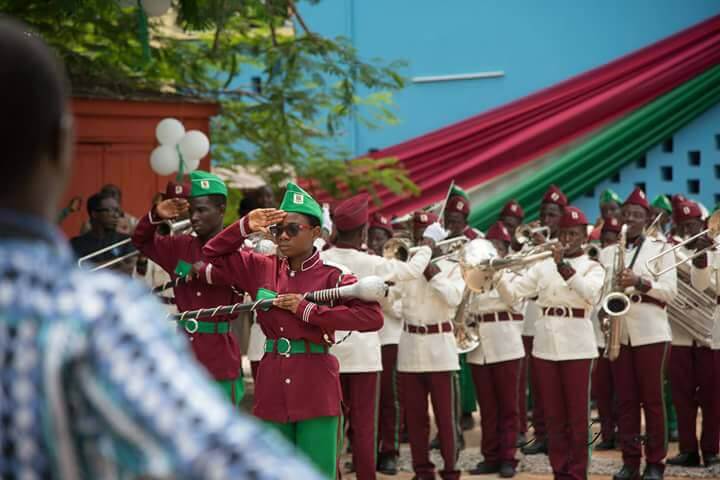
On October 1969, the Ghana National College Old Boys Association (GNCOBA) was formed with Mr. Kwesi Armah as the first President. The association served as a platform for alumni to network, support the school, and promote the ideals of the institution.
In 1971 the school became a co-educational institution with the admission of girls. The first batch of girls included students such as Dr. Mary Grant and Dr. Beatrice Wiafe-Addai who later became distinguished medical professionals. Then in 1972, the school was officially taken over by the government of Ghana, and its management was transferred to the Ghana Education Service (GES).
The school underwent a major renovation and expansion project with the construction of new classroom blocks, dormitories, and staff housing facilities in 1991. The Ghana government, the World Bank, and other development partners supported the project.
Today, Ghana National College remains one of the leading senior high schools in Ghana, with a strong tradition of academic excellence, leadership, and community service. The school continues to produce graduates who excel in various fields, including medicine, law, engineering, and business.
Notable Alumni of Ghana National College
- Nana Aba Anamoah, Media personality, news anchor, and broadcaster
- Kwesi Armah, Formerly Ghana’s High Commissioner to the United Kingdom
- General Emmanuel Alexander Erskine, 1st UNIFIL Commander
- Gladys Asmah – Former minister of Fisheries
- Anthony Annan – Ghanaian international footballer / Schalke 04
- Frank Abor Essel-Cobbah – Member of parliament during the second republic
- Damoah – Ghanaian author
- Ernest Debrah – Ghanaian politician, former minister for Food and Agriculture
- Kwame Gyewu-Kyem – Member of parliament of the first parliament of the fourth republic
- Diana Hamilton – Ghanaian musician
- Winston Mensah-Wood – Former Chief of Defence Staff, and Chief of the Army Staff
- Charlotte Osei – Lawyer and former chairperson of the Electoral Commission of Ghana
- Abeiku Santana – Radio and TV personality
- Asiedu Walker – Ghanaian politician
- Nana Owusu-Nkwantabisa – Academia
- Rahim Banda – Actor and Free SHS Ambassador
READ NEXT ON: History of Saltpond Girls’ Secondary School now Mfantsiman Girls’ Secondary School


